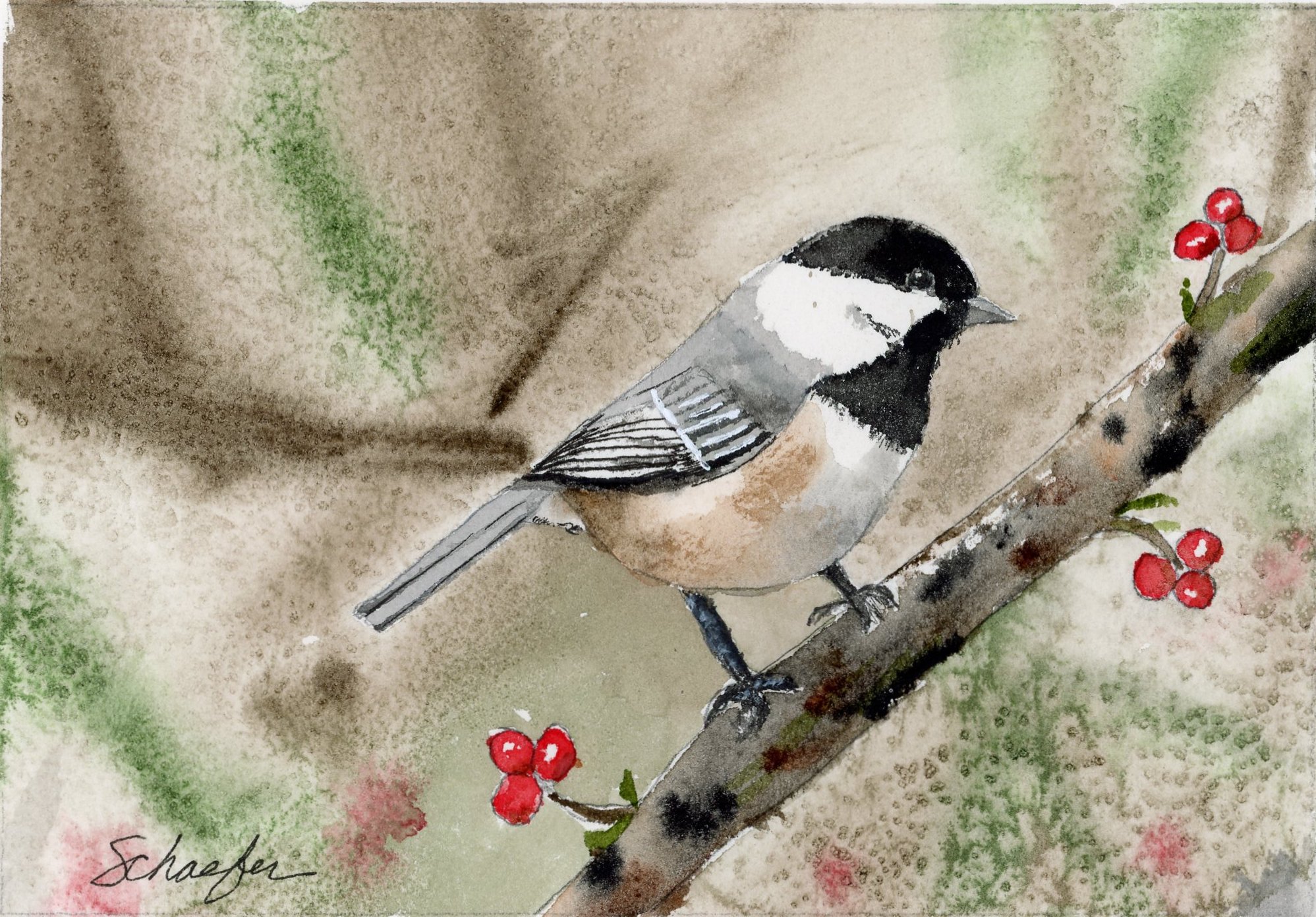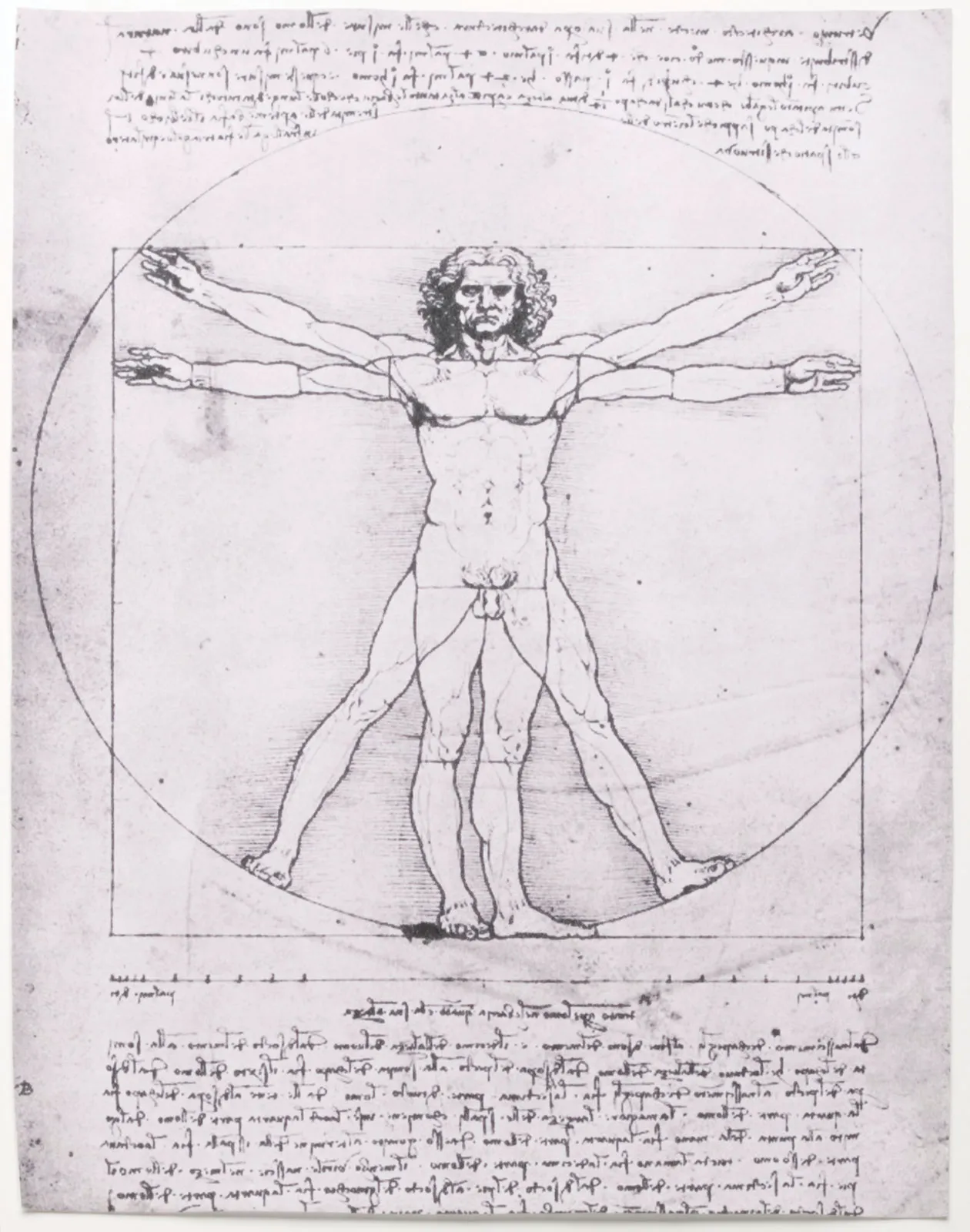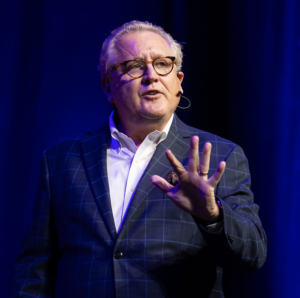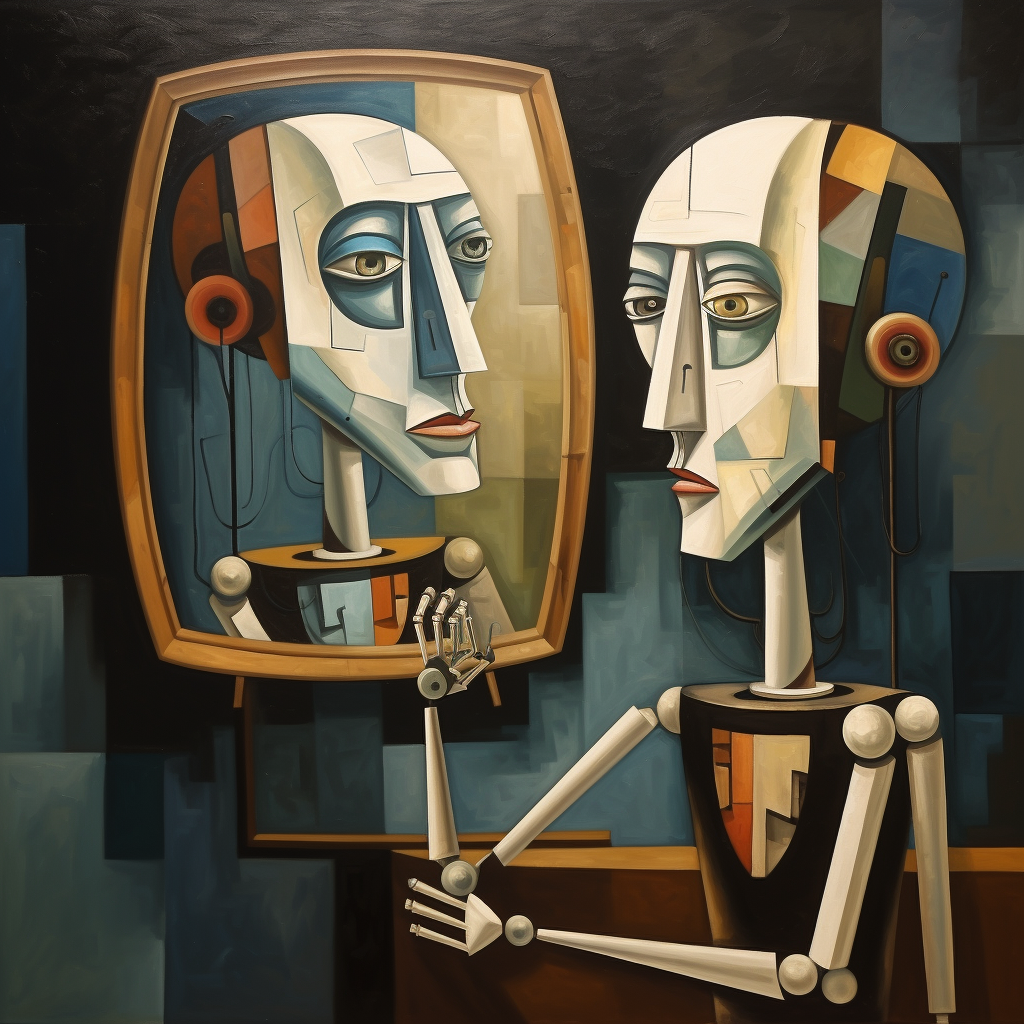“Good artists copy, great artists steal” — Pablo Picasso
I was just scolded in a Facebook Group.
I love nature and participate in several communities that share photos and experiences with wildlife. One group is dedicated to sharing photos of birds. I don’t have a great camera like most of the people in the group, but I recently posted a watercolor painting I did of a popular local bird called a black-capped chickadee.
I received many warm responses from people who loved the art, and they encouraged me to share more. In fact, this post received more likes (275!) than any post in the group for the entire year. Here is the art:

But then the group administrator stepped into the comment section and asked me if the painting was based on my own photo. I said no, and he threatened to kick me out of the group. I’ll get back to this controversy and how it relates to you, your content, and AI, but first, I need to set up my case with a little story about Leonardo Davinci.
Bet you didn’t see that coming.
Art is iteration
Leonardo DaVinci was arguably the most creative human being who ever lived, a magical genius who was endlessly curious.
What struck me about his life was how most of his ideas and breakthroughs were collaborative. Even his most famous illustration, “Vitruvian Man,” was inspired by Vitruvius, a Roman author, architect, and civil engineer who lived centuries before Leonardo’s time.
Leonardo was a beloved man, always surrounded by friends. One day, his friend Francesco showed him a sketch of a man in a circle, based on the detailed descriptions from a Vitruvian book. Part of the Renaissance movement was rediscovering ancient ideas and reframing them in modern terms, and Francesco was excited by his revelation. It spurred Leonardo to consider the dimensions of a human being in mathematical terms.
Another friend, Giacomo Andrea, scribbled some interpretations of the Vitruvian idea and showed Leonardo how the human figure could be circumscribed in a circle.
Leonardo was mesmerized by the idea and inspired to find his own manuscript of Vitruvius’ ancient work. He developed his famous drawing from those ideas, and in both scientific precision and artistic beauty, his illustration is in an entirely different realm than the work of his predecessors.

Leonardo’s most famous drawing was built upon an ancient idea that inspired a scribbled drawing by a friend that led to a discussion and more drawings by friends. Yes, Leonardo delivered something exquisite and unique, but it could only have happened from a combination of ideas from four different people.
Placing this in the context of today
Let’s connect the dots and get back to my painting. Where did the inspiration for the bird come from?
I’m not a good enough painter to create something out of my head, so I needed a model. Here’s my process: I go to MidJourney — an app that creates generative art — and type in what I want to paint, like, “watercolor painting of a black-capped chickadee on a branch,” and the program delivered this:

This computer image is much better than the hand-made painting I ultimately produced, but it gave me a general direction. I reduced the busy background and used a technique that I favor to create abstract patterns behind the bird. I changed many little details, largely due to my limitations as an artist!
My work was not completely original. It is an iteration of an AI work — which is an iteration of many other artworks. I participated in a virtual collaboration. Leonardo would have loved it!
The AI work that served as my model is an amalgam of other artists. Am I hurting these artists by not providing attribution? No. The AI art is simply a guide, but I’m producing something of my own.
If you go into any major art museum in the world, you’re likely to see art students sitting at the foot of a painting, drawing it. Iteration and practice are how we all learn to be great bloggers, podcasters, speakers, and video producers. The excellent work of a creator comes from thousands of intentional and unintentional sparks from those who came before us.
The very day I was scolded, somebody from my RISE community asked me, “I loved your blog post today. Can I steal that idea for my own?” I was flattered and, of course, agreed. What a wonderful moment! Somebody is making progress in the world based on inspiration from my own work. My writing provided a spark of momentum for another person.
That’s how the creative world works, at its best.
The future of creators and copyright
Let’s bring this down to a practical application and the problems we face today.
All creativity and invention depend on iteration. Today, the existing copyright laws aren’t built to handle AI amalgamations. Similarly, AI companies aren’t built to reward or even acknowledge individual contributions. Creators are suing AI companies. AI companies are suing creators. Something has to give.
I want to be clear that I am not dismissing true copyright infringement, where wholesale content is literally lifted and pasted without attribution. This has happened to me many times, and it hurts. More than once, a famous author stole something right out of one of my books without attribution … and later apologized, but that doesn’t change anything, does it? They stole it on purpose.
Similarly, the recent lawsuit that The New York Times filed against OpenAI showed many examples in which OpenAI software recreated New York Times stories nearly verbatim.
In an IEEE Spectrum article, authors Gary Marcus and Reid Southen pinpoint the problem.
“LLMs are “black boxes”—systems in which we do not fully understand the relation between input (training data) and outputs. What’s more, outputs can vary unpredictably from one moment to the next. The prevalence of plagiaristic responses likely depends heavily on factors such as the size of the model and the exact nature of the training set. Since LLMs are fundamentally black boxes (even to their own makers, whether open-sourced or not), questions about plagiaristic prevalence can probably only be answered experimentally, and perhaps even then only tentatively.
“…The mere existence of plagiaristic outputs raises technical questions (can anything be done to suppress such outputs?), sociological questions (what could happen to journalism as a consequence?), legal questions (would these outputs count as copyright infringement?), and practical questions (when an end-user generates something with a LLM, can the user feel comfortable that they are not infringing on copyright? Is there any way for a user who wishes not to infringe to be assured that they are not?
This is the ultimate answer. We need a process where truly generative content is free from copyright constraints. If we don’t, the future of creators — and breakthrough creativity — is in jeopardy. Perhaps we need an official designation for generative content that assures a work is so far from an original that it is free from licensing issues. Maybe we call it a genuine fake? : )
In any event, we need to recognize a truth of the human experience — the most imaginative movies, art, and books we love were built on the shoulders of others.
Or, perhaps, the servers of others.
Something new: My bird painting and a few of my other watercolors are now available to buy as prints at this online shop.
 Need a keynote speaker? Mark Schaefer is the most trusted voice in marketing. Your conference guests will buzz about his insights long after your event! Mark is the author of some of the world’s bestselling marketing books, a college educator, and an advisor to many of the world’s largest brands. Contact Mark to have him bring a fun, meaningful, and memorable presentation to your company event or conference.
Need a keynote speaker? Mark Schaefer is the most trusted voice in marketing. Your conference guests will buzz about his insights long after your event! Mark is the author of some of the world’s bestselling marketing books, a college educator, and an advisor to many of the world’s largest brands. Contact Mark to have him bring a fun, meaningful, and memorable presentation to your company event or conference.
Follow Mark on Twitter, LinkedIn, YouTube, and Instagram.
Images courtesy of MidJourney



